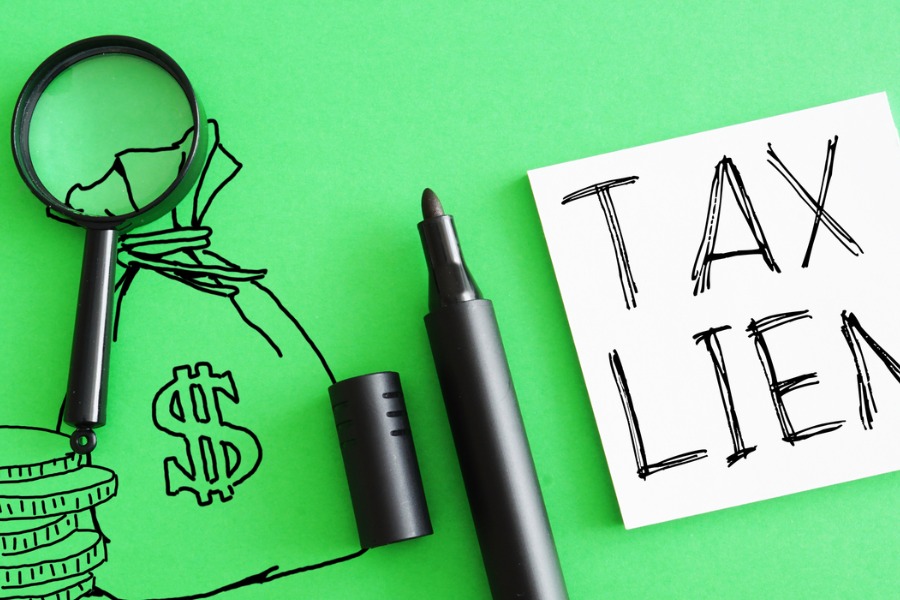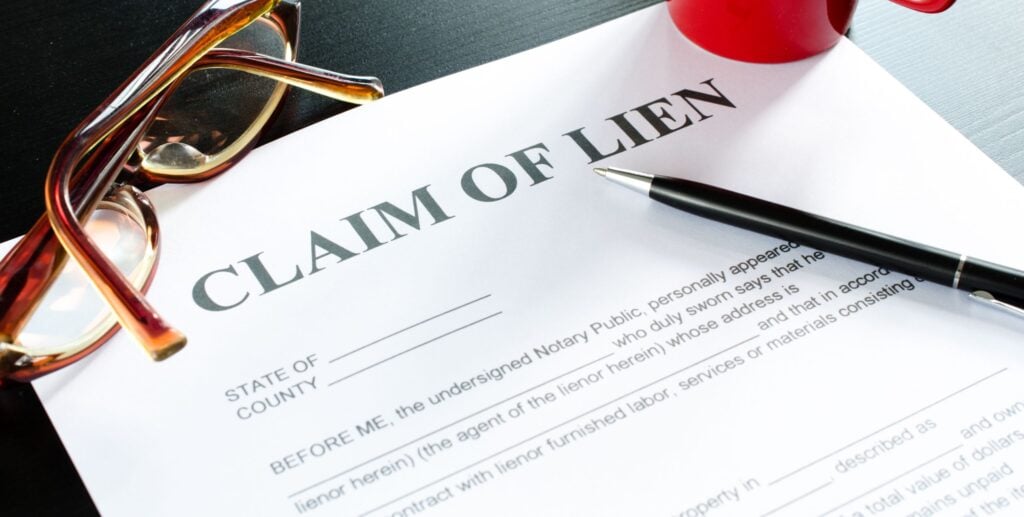All Categories
Featured
Table of Contents
The IRS may, nevertheless, be required to obtain court authorization in the case of insolvency; see 11 U.S.C. 362. Likewise, an internal revenue service levy on a primary home should be accepted in writing by a federal area court judge or magistrate. See Internal Profits Code sections 6334(a)( 13 )(B) and 6334(e)( 1 ). Area 6334 also offers that certain assets are not subject to an IRS levy, such as specific using clothing, gas, furniture and household impacts, certain publications and devices of trade of the taxpayer's career, undelivered mail, the section of wage, salaries, and so on, required to sustain small children, and certain other assets.

Beginning January 1, 2015, the Mississippi Department of Income will certainly register tax liens for unpaid tax debts online on the State Tax Lien Computer System Registry. A tax lien videotaped on the State Tax Lien Computer system registry covers all home in Mississippi.
How To Tax Lien Investing
The State Tax Obligation Lien Pc registry is a public site easily accessible on the web that may be searched by any person at any type of time. Unlike tax returns, tax liens are a public notification of debt.

For a person provided on the State Tax Obligation Lien Pc registry, any type of genuine or personal home that the person has or later on gets in Mississippi is subject to a lien. The lien registered on the State Tax Lien Computer registry does not determine a particular piece of residential or commercial property to which a lien uses.
Tax Lien Investing Books
Tax obligation liens are listed on your debt report and reduced your debt score, which might impact your capacity to obtain finances or financing. A tax lien is valid for seven years unless an extension is submitted prior to it ends. The extension expands the lien another 7 years. Mississippi legislation permits extensions on state liens till they're paid in full; so extensions can be filed repeatedly making a tax lien valid indefinitely.

The lien includes the quantity of the tax obligation, penalty, and/ or rate of interest at the time of registration. Registration of the tax lien gives the Division a legal right or passion in an individual's building till the liability is pleased. The tax obligation lien may affix to real and/or individual building anywhere situated in Mississippi.
The Commissioner of Income mails an Analysis Notice to the taxpayer at his last well-known address. The taxpayer is offered 60 days from the mailing date of the Assessment Notice to either totally pay the analysis or to appeal the assessment - investing in secured tax lien certificates. A tax obligation lien is terminated by the Division when the delinquency is paid in full
How Does Tax Lien Investing Work

If the lien is paid by any type of various other means, after that the lien is cancelled within 15 days. When the lien is terminated, the State Tax Lien Registry is upgraded to mirror that the financial obligation is pleased. A Lien Termination Notification is mailed to the taxpayer after the financial debt is paid in full.
Registering or re-enrolling a lien is exempt to administrative appeal. If the person believes the lien was submitted in error, the individual must get in touch with the Department of Profits right away and request that the filing be assessed for correctness. The Division of Revenue might ask for the taxpayer to send documentation to sustain his claim.
Table of Contents
Latest Posts
Excess Proceeds Texas
2021 Delinquent Tax Auction
Tax Lien Investing California
More
Latest Posts
Excess Proceeds Texas
2021 Delinquent Tax Auction
Tax Lien Investing California